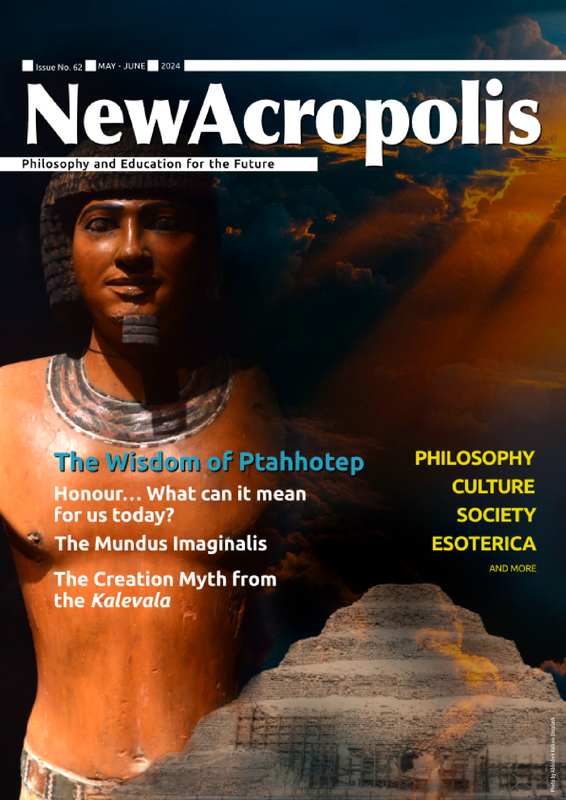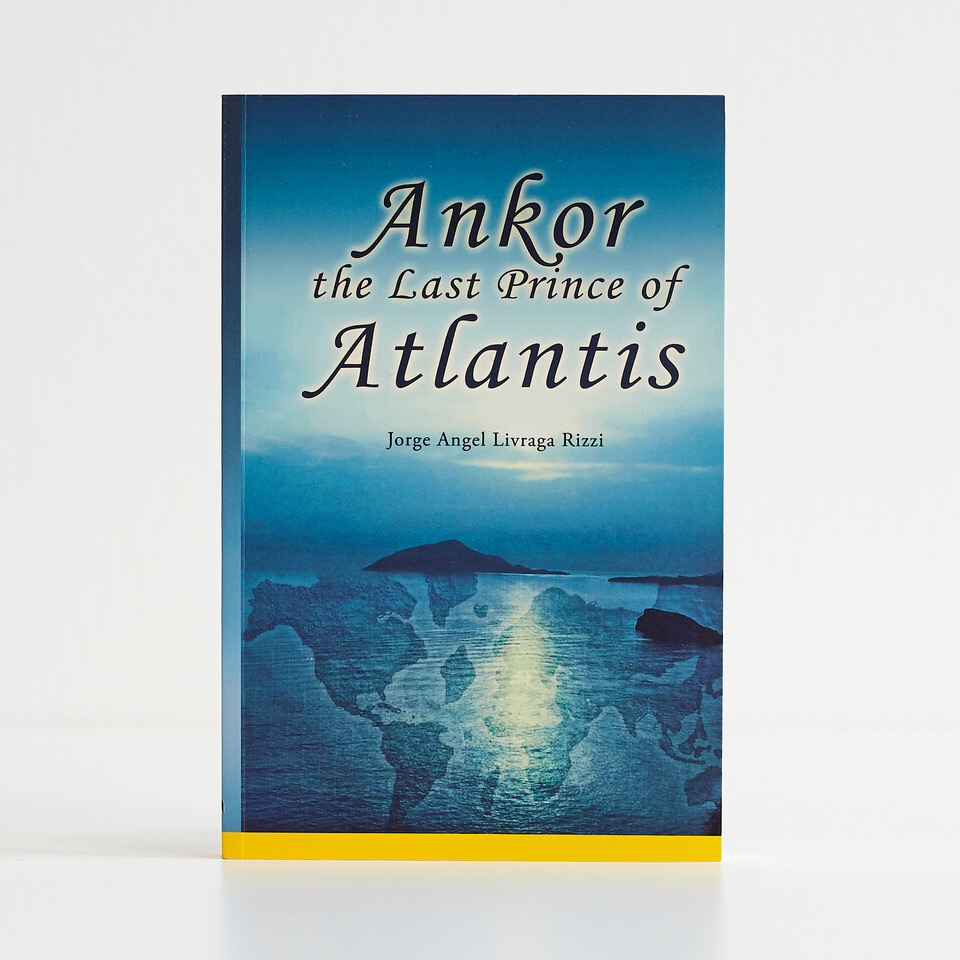
Nearly 12,000 years ago, so Plato and other traditions say, a single island was all that remained of the once vast continent of Atlantis.
Although few modern historians believe that any forms of civilization existed in such far-off times, universal traditions speak of “floods” which destroyed large areas of land inhabited by people as technologically developed as ourselves and, in some cases, more endowed with wisdom.
Written in the form of a novel, this book charts the final years of the realm of “Poseidonis”, as some writers have referred to it. Ankor, the orphaned son of the last initiate-king of Atlantis, is educated by wise priests who prepare him for his terrifying “initiations” into the “Mysteries”.
This book is far more than a novel. It provides a vivid insight into the world of a forgotten mystery tradition – forgotten today, but perhaps, who knows? – familiar to the soul of the reader…
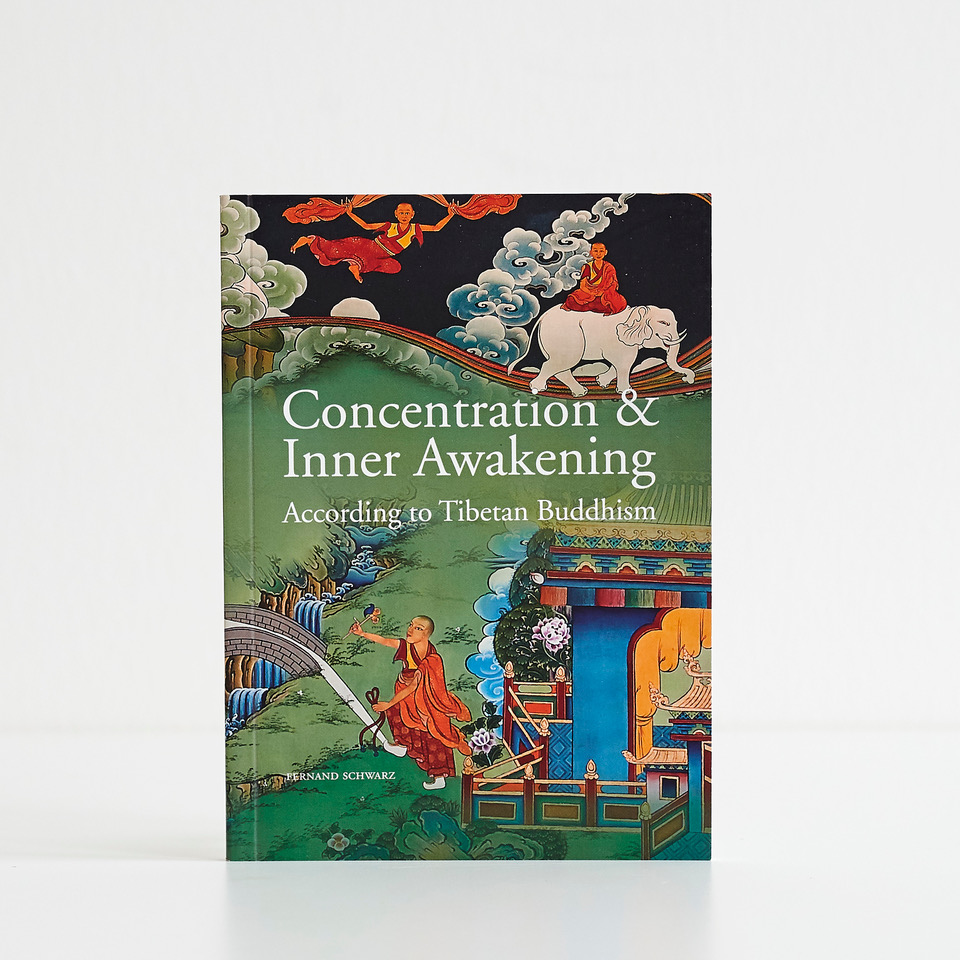
Plagued by a perpetual state of confusion caused by the unending triggers of the material world, the human psyche is unable to filter out all the distractions in order to focus on identifying the eternal truth of the Self. As a result, rarely is a human being able to truly sense his ‘svadharma’ and tread the path through life that leads to the realization of a personal destiny. This inescapable duty and responsibility, however, can only be accomplished by the elimination of constant mental confusion, and the development of self-control by way of fine-tuning the delicate art of concentration.
In this book, Fernand Schwarz explores the practice of concentration through an in-depth analysis of Lama Blo-bzang Don-yod’s illustrations. Through Tibetan Buddhist symbolism, these works present the journey towards an enlightened consciousness, describing the hurdles that need to be overcome with the help of some simple physical and mental exercises.
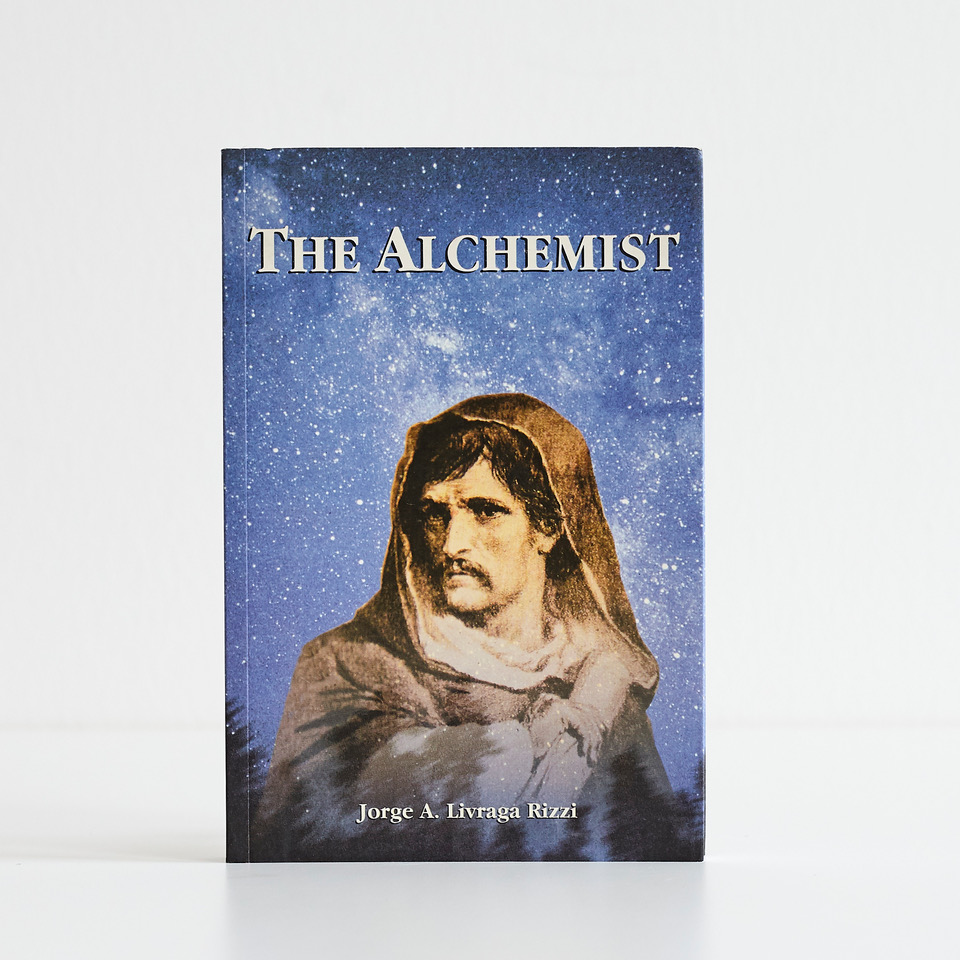
Set in the times of the Spanish Inquisition, this historical novel describes the secret life of an esoteric lodge in the darkest times of the “Counter-Reformation”.
Amidst the constant dangers of discovery and potential torture and execution, Pablo Simón, a young aspirant to the Mysteries, learns about the universe as a living being and begins to discover another universe within himself.
Travelling to the East, he studies with a spiritual teacher who helps him to develop his inner powers. On his return, a meeting with the Renaissance philosopher Giordano Bruno - the ‘philosopher of fire’ - leads him to another fateful encounter - with his destiny.
The Alchemist is a fast-paced, exciting tale of suspense and drama; a deep insight into the politico-religious reality of the Counter-Reformation and Renaissance Europe - and, most of all, an inspiring and profoundly moving account of the timeless and universal attempt ‘to remember that we are gods’.
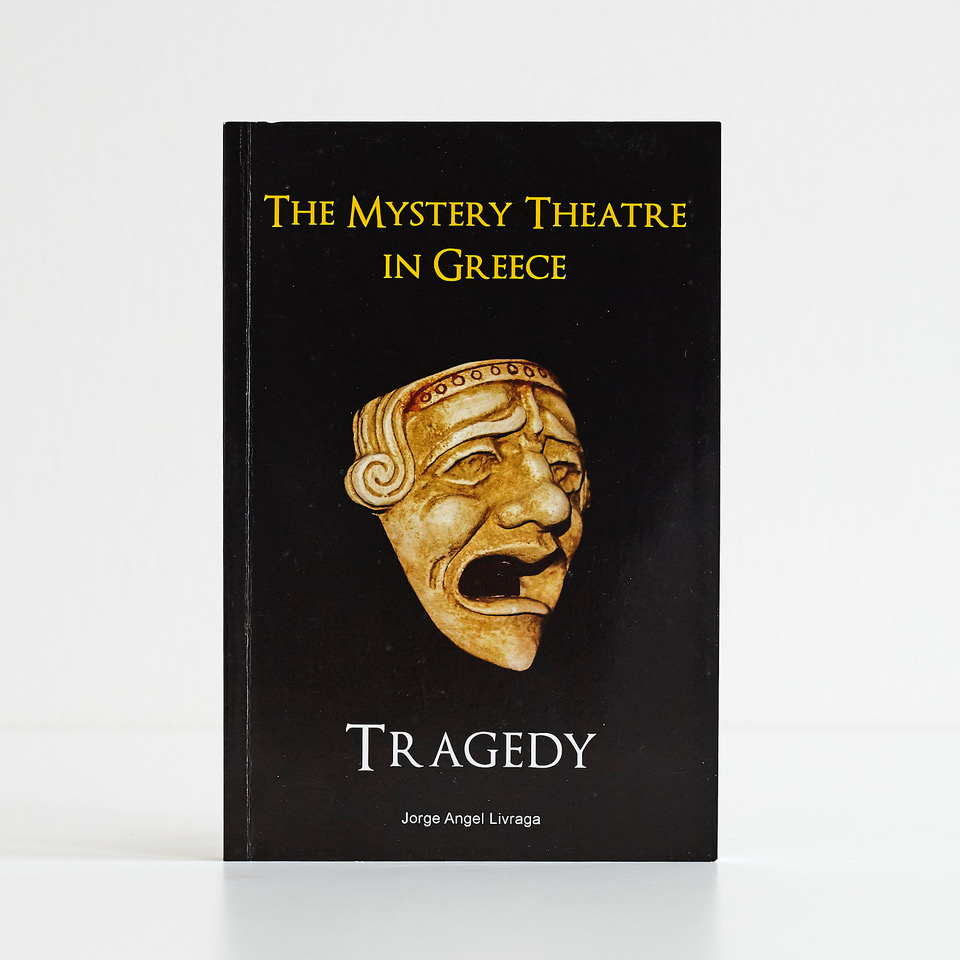
A central premise of this book is that theatre meant something very different to the ancient Greeks than is usually understood today. We tend to consider theatre as being at best an approximation of ‘reality’, if not a distortion of it.
To the Greeks, however, the experience of theatre was intrinsically ’initiatory’, leading the participant into realms ordinarily unavailable to humankind. In other words, theatre was thoroughly infused with, impregnated by, a sense of the spiritual, the transcendent, the mystical.
Through this work, the author helps us not only to understand more about Greek Tragedy, but to understand a little more about the ‘theatre of life’.
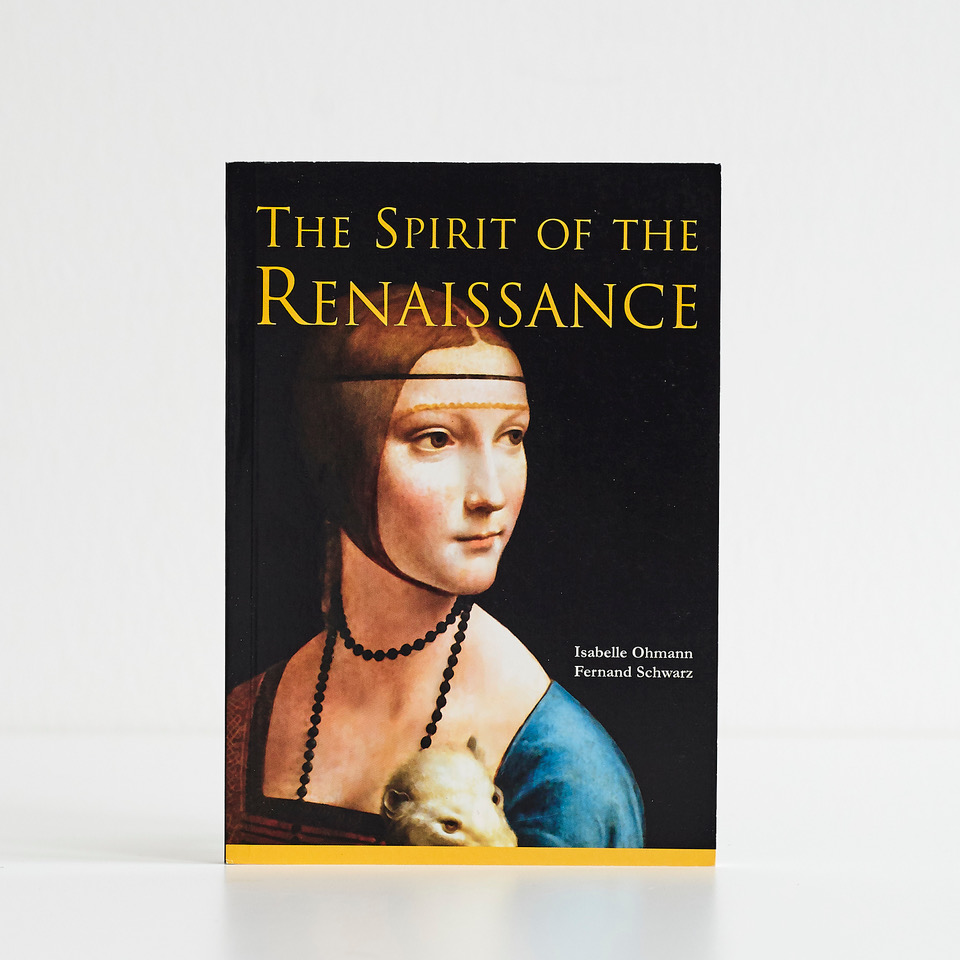
The Spirit of the Renaissance is a study of the philosophical and esoteric roots of the Renaissance movement in Europe. Its pages pull together many different fields of knowledge and activity and shed light on the driving forces that brought about a momentous change in the Western world.
The enormous significance of the Renaissance – a profound cultural and scientific change in the prevailing worldview – which originated in Italy in the 14th century and spread throughout Europe during the course of the next two hundred years or so – may be gauged from its name. ‘Renaissance’ literally means ‘rebirth’ and, by implication, regeneration, renewal, revival – almost a reaffirmation of life itself.
Based upon a number of traditions, including Neoplatonism, Kabbalism and Hermetic Philosophy, the Renaissance promoted an attitude of open enquiry and tolerance, free investigation and, most importantly, a developmental concept of life and humanity.
This book helps one to see that such a great movement towards truth is not impossible again.
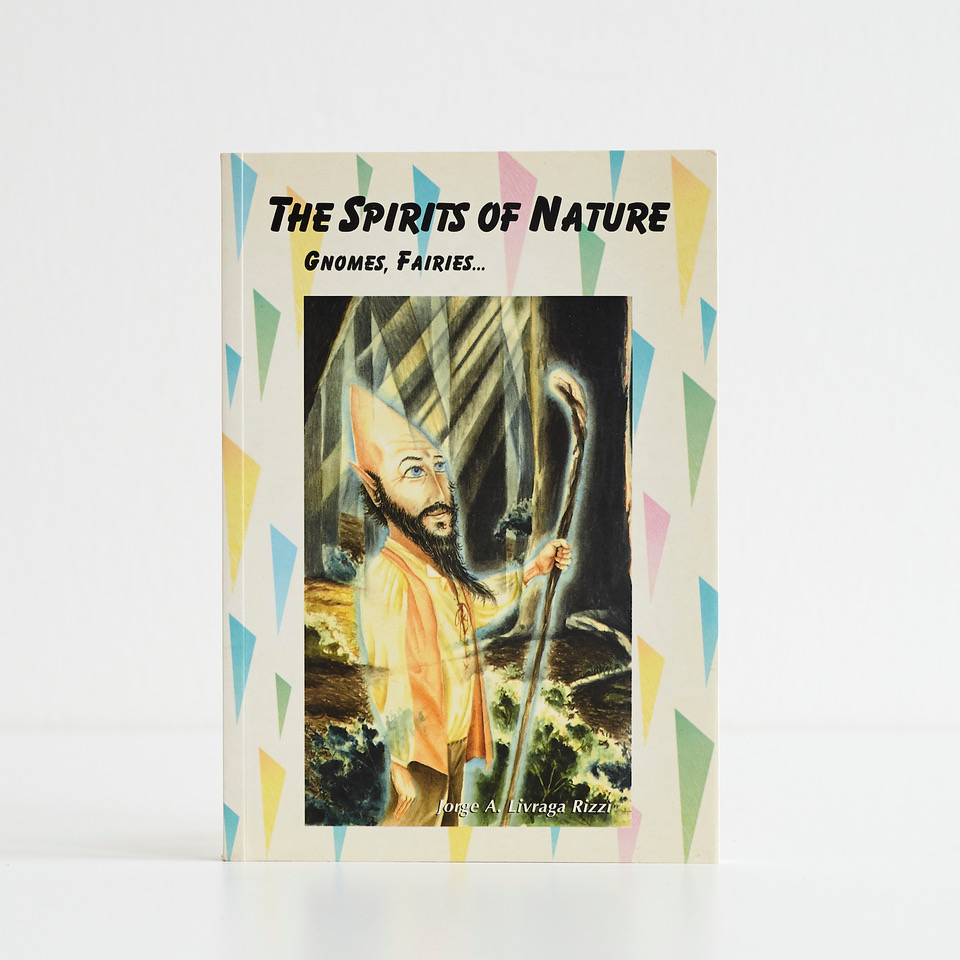
This concise but wide-ranging work looks at the mystical subject of nature spirits from both a philosophical and practical point of view.
Not content with a mere description of the myriad inhabitants of the invisible planes of nature, the author helps us to understand the logic behind the worldwide belief in such beings.
Combining his personal experiences with his knowledge of the universal traditions of mankind, he opens the reader's mind to the possibility that perhaps, beyond the fairy tales, the many accounts may reflect a living reality.
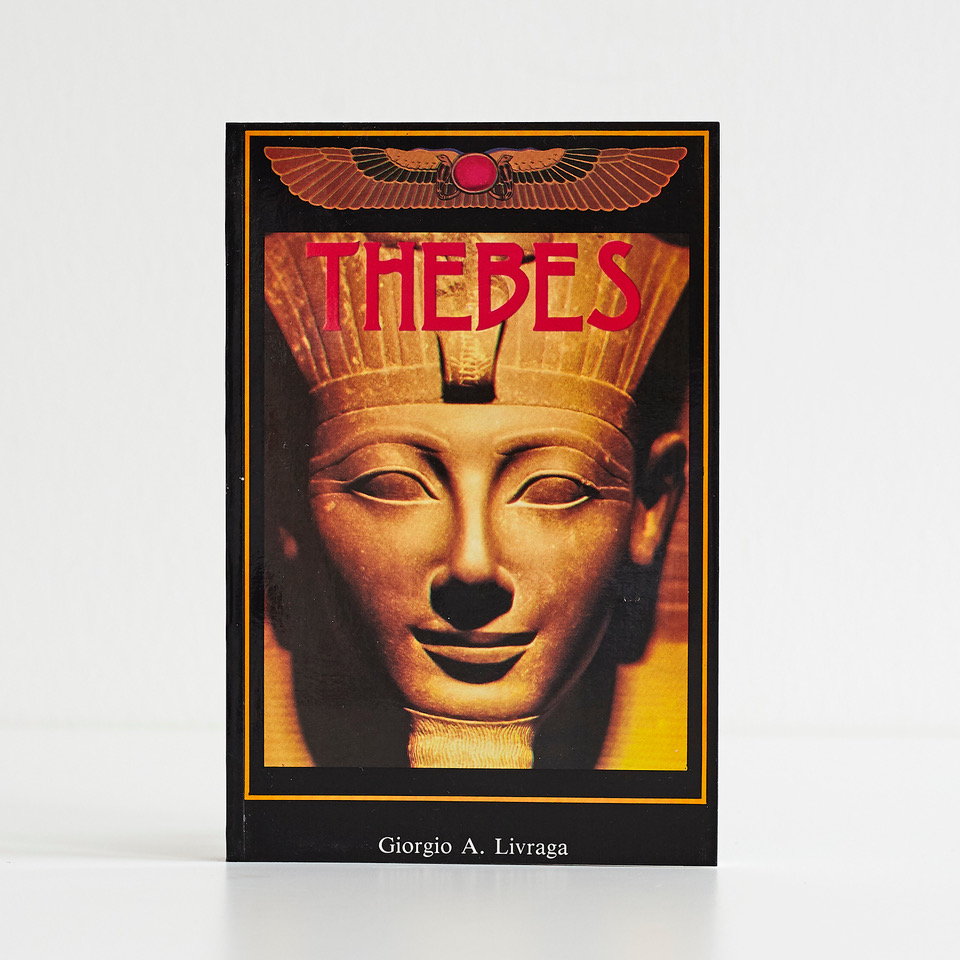
Thebes is a full color, 163-page book on Ancient Egypt that gives the reader an in-depth understanding of the pyramids, the hieroglyphs and the hidden purpose of mummification.
It offers a unique comparison between the officially accepted history of Egypt and alternative versions, including the connection between Atlantis and Egypt.
Another chapter is dedicated to the mystery of the inner constitution of nature and the human being, on the basis of the Ani papyrus.
It is an invaluable reference work for anyone interested in the esoteric and magical teachings of Ancient Egypt.


